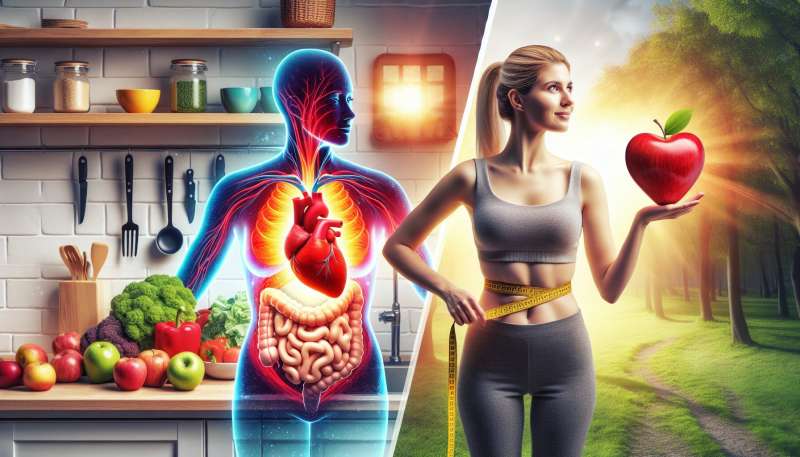
Understanding Body Fat
Body fat isn’t just storage for excess calories. It's an active organ crucial for producing hormones, insulating organs, and regulating body temperature.
Types of Body Fat
Not all fat is equal. White fat stores energy, brown fat burns calories for heat, and beige fat, which can convert into brown fat, also burns energy.
Visceral Versus Subcutaneous
Visceral fat, surrounding organs, can be harmful, increasing health risks. Subcutaneous fat, under the skin, is less dangerous and more about aesthetics.
Measuring Body Fat
Body fat percentage is critical to health assessment. Methods vary from skinfold measurements and bioelectrical impedance analysis to DEXA scans and hydrostatic weighing.
Fat and Disease Risk
Excess visceral fat is linked to metabolic syndrome, diabetes, heart disease, and certain cancers. It's more about fat distribution than just weight.
Essential Fat Importance
Essential fat is crucial for life and reproductive functions. The minimum for men is 2-5%, while women require around 10-13% due to childbearing needs.
Fat Loss Misconceptions
Spot reduction is a myth; fat loss occurs overall. Additionally, muscle doesn't weigh more than fat—it's denser, so it occupies less space at the same weight.
What is body fat's role besides storage?
Insulation and hormone production
Only storing excess calories
Muscle strength enhancement
Company